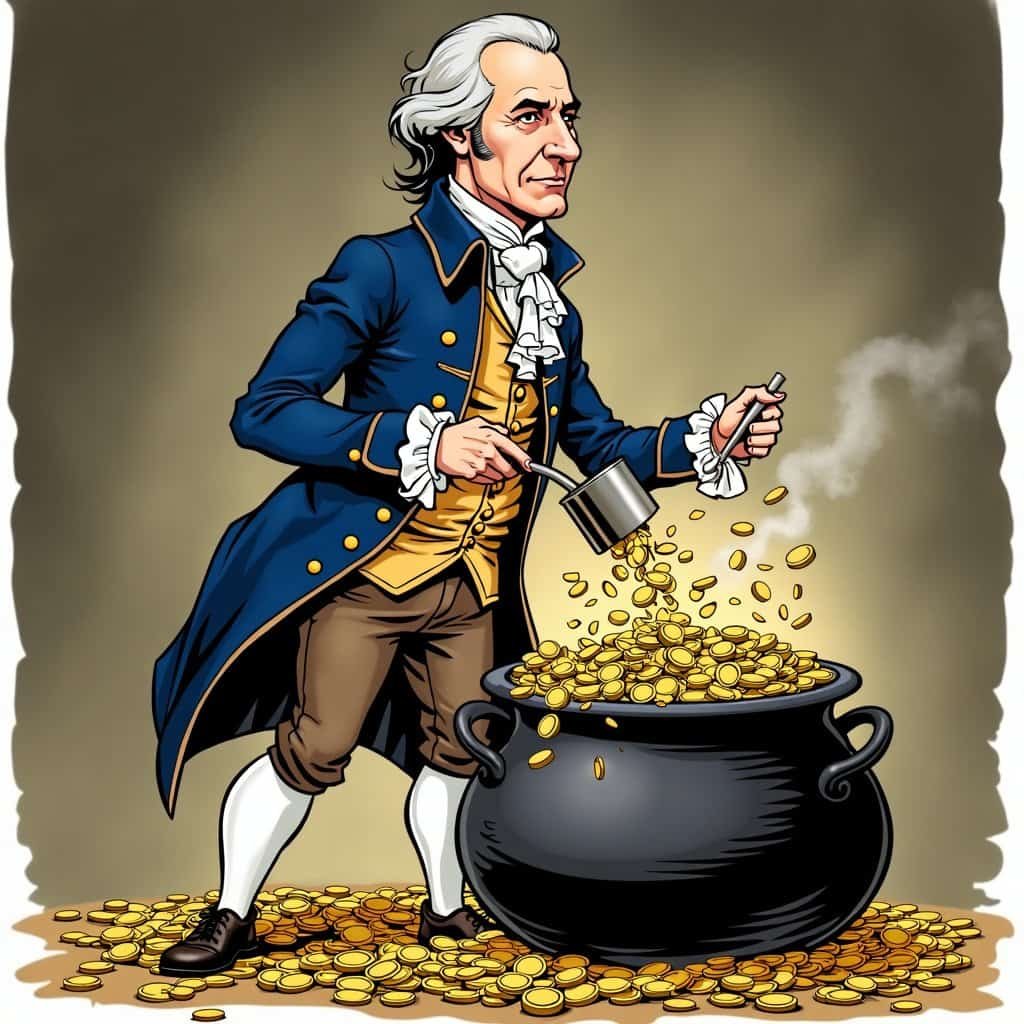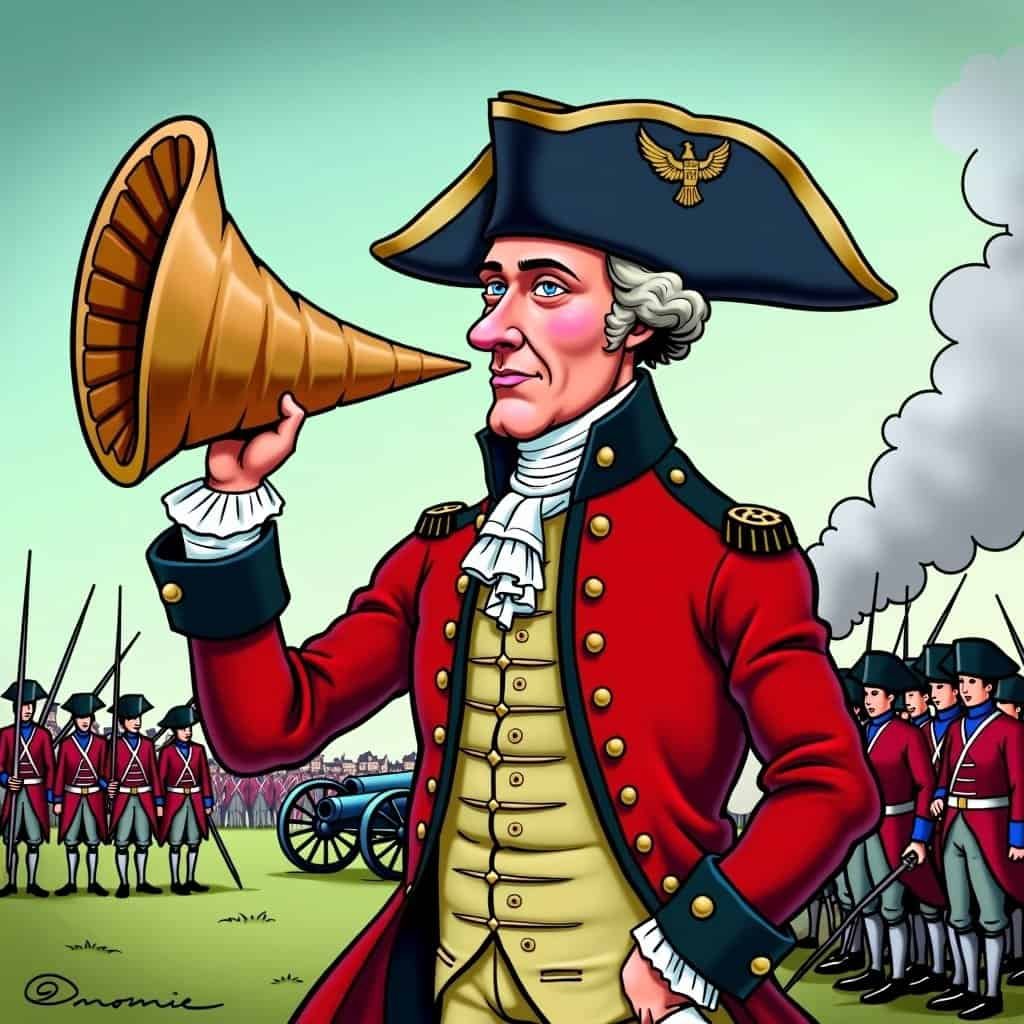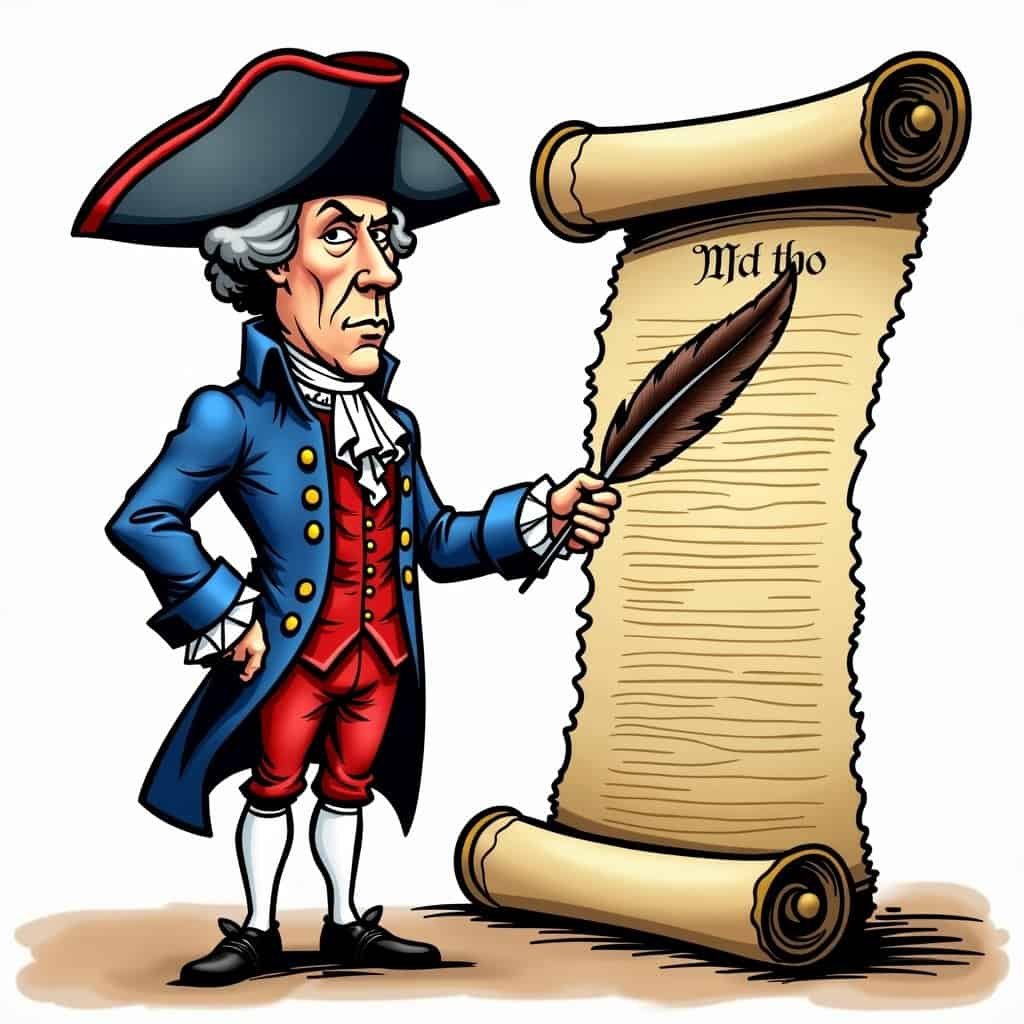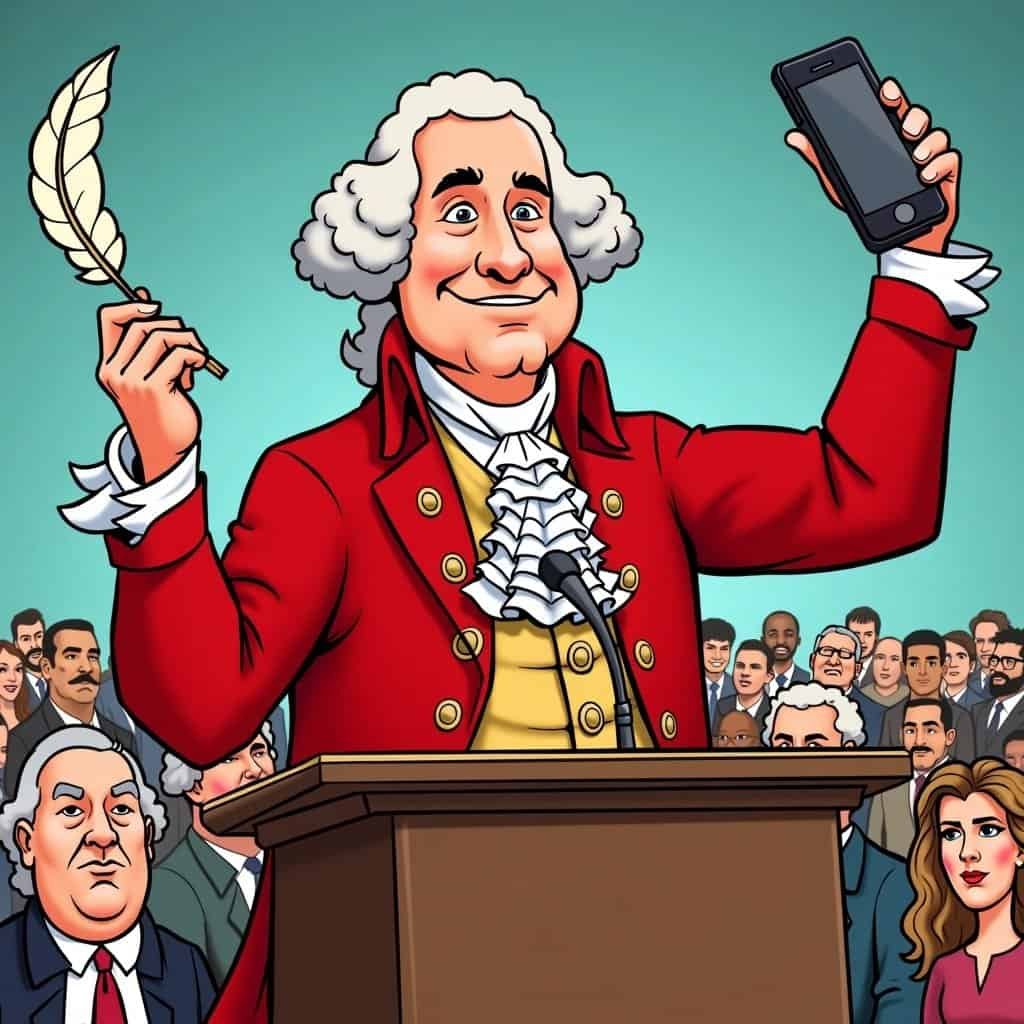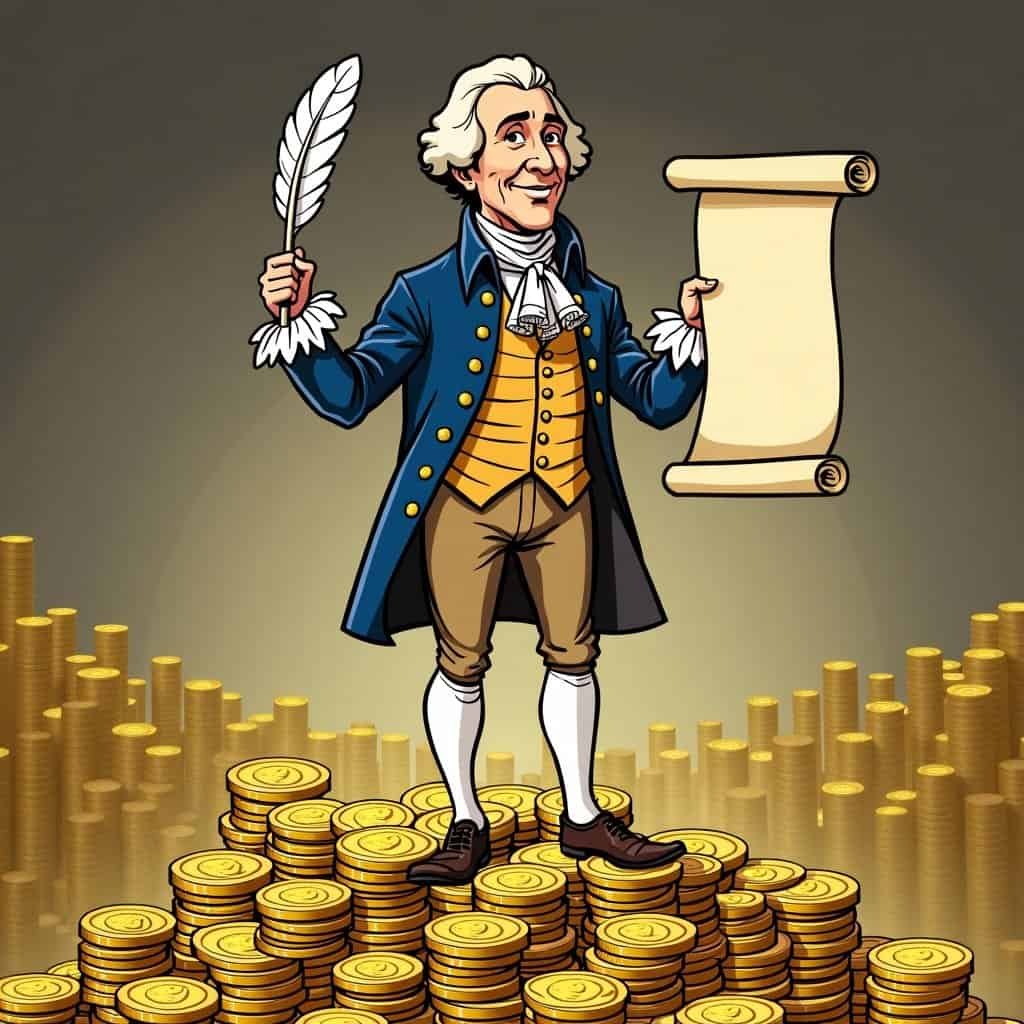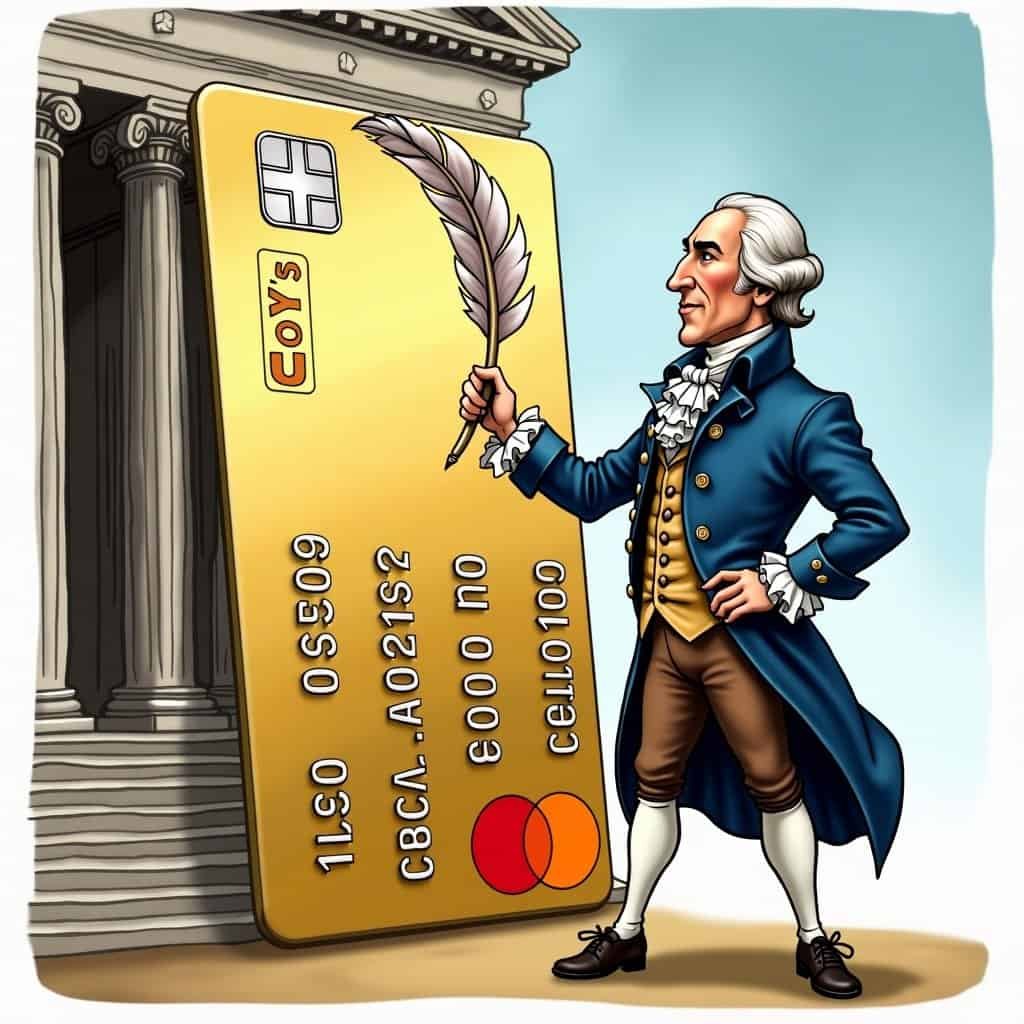It’s 1791, and the American experiment is finding its footing like a newborn colt. Alexander Hamilton, the nation’s first Secretary of the Treasury and a founding father who could out-argue anyone in his sleep, had a grand plan. He envisioned an America that was funded, stable, and—brace yourselves—taxed. Yes, you read that correctly. Hamilton boldly proposed and successfully championed the idea of excise taxes, particularly on distilled spirits.
Excise taxes were Hamilton’s solution to the pressing issue of national debt – a burden as hefty as today’s liberal tax proposals. This wasn’t a random shot in the dark or a “let’s poke the bear” strategy. No, this was pure strategic genius. By taxing whiskey, Hamilton targeted a product that was flowing freely across the colonies.
But here’s where things get interesting. Hamilton’s excise tax on whiskey—a product some Americans held sacred—stirred up quite a fuss. It gave those tough frontier folks something to rally against. His move inadvertently sparked the Whiskey Rebellion, which remains one of the most quintessentially American forms of protest: Keep your government hands off my booze!
Hamilton’s Tax Strategy: A Double-Edged Sword
Before we dismiss Hamilton’s idea as hasty, let’s take a step back. This wasn’t about replacing the farmer’s Saturday night drink with tea. It was about preventing the young nation from financial collapse. Conservative economic values align here: focus on self-reliance and reducing dependency on foreign loans. Hamilton’s tax proposal aimed to generate internal revenue while avoiding too much reliance on external debt—similar to modern conservatives calling for smaller government and balanced budgets.
Hamilton’s Tax vs Modern Progressive Taxes
| Hamilton’s Excise Tax | Modern Progressive Taxes |
|---|---|
| Focused on specific goods (whiskey) | Broad range of taxes (soda, plastic, etc.) |
| Aimed at financial self-reliance | Risk of suffocating industries |
| Limited scope | Extensive federal overreach |
Fast forward to today, and we see how these principles clash with modern progressive tax strategies. Today’s liberals would tax everything from soda to plastic utensils, creating a landscape where your picnic might require a line of credit. But they miss Hamilton’s point: Taxes should boost financial self-reliance, not strangle entire industries.
The Whiskey Rebellion: A Test of Leadership
Critics might argue that Hamilton’s tax created division, but is that a fair assessment? Washington himself rode into the fray with over 10,000 militia to show that law and order are vital to the republic’s survival. Law enforcement stepping in? Preserving the union? That sounds like a classic conservative principle!
In the end, Hamilton’s excise tax wasn’t just unpopular; it was revolutionary. It proves a point: Sound fiscal policies don’t have to be crowd-pleasers. True leadership isn’t about pandering; it’s about making tough decisions today for a stronger tomorrow. Could today’s politicians learn from this? You be the judge. But for the sake of liberty and the pursuit of happiness, let’s hope Congress doesn’t set its sights on our bacon next!
